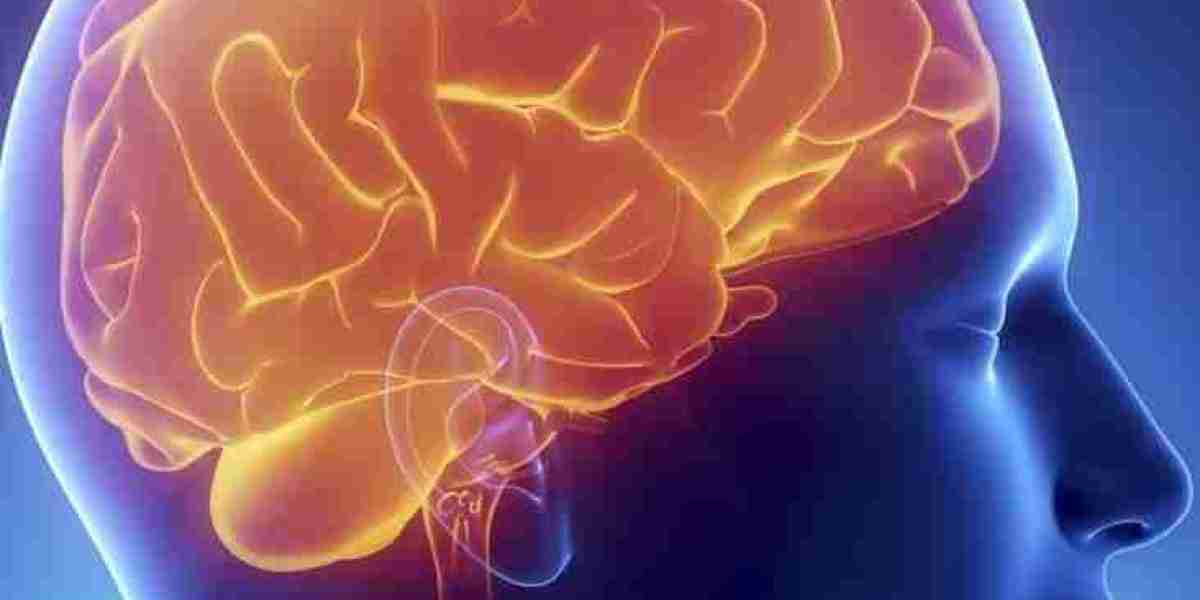Unlocking the Secrets of Brain Health: A Comprehensive Guide
Introduction
In a world where mental acuity and cognitive health are increasingly valued, understanding brain health has never been more essential. The brain is not only the control center of the body but also the foundation of our thoughts, emotions, and memories. This comprehensive guide aims to illuminate the intricacies of brain health and share valuable insights from Very Big Brain—a leading source of knowledge and inspiration for those seeking to enhance their cognitive well-being. By empowering individuals with well-researched and evidence-based information, Very Big Brain helps readers make informed decisions about nurturing and preserving their most complex organ.
Very Big Brain is the comprehensive source of knowledge and inspiration for individuals seeking to improve and maintain their brain health. Their mission is to empower you with well-researched, evidence-based information that will help you make informed decisions about nurturing and preserving the most complex organ in your body — your brain. Very Big Brain is passionate about the intricacies of the human mind, and they want to share their enthusiasm with their readers. They are dedicated to shedding light on the latest findings, cutting-edge research, and practical tips on topics such as neurotransmitters, neuroplasticity, neurogenesis, cognitive stimulation, and the prevention of cognitive decline.
Understanding the Brain
The human brain is a remarkable organ composed of approximately 86 billion neurons. Each neuron communicates through synapses, allowing for a complex network of signaling that underlies every thought, memory, and action. The brain is divided into several regions, each responsible for different functions—from motor control and sensory perception to language and emotional regulation.
The Role of Neurotransmitters
Neurotransmitters are chemical messengers that transmit signals between neurons. Key neurotransmitters such as dopamine, serotonin, and acetylcholine play critical roles in mood regulation, memory formation, and learning. Imbalances in these neurotransmitters can lead to cognitive impairments and mood disorders, emphasizing the importance of maintaining a healthy brain environment.
Key Factors Influencing Brain Health
Neuroplasticity: The Brain’s Adaptability
Neuroplasticity refers to the brain's ability to reorganize itself by forming new neural connections throughout life. This capacity for change allows the brain to adapt to new experiences, learn new skills, and recover from injuries. Engaging in mentally stimulating activities, such as puzzles, reading, or learning a new language, can promote neuroplasticity, reinforcing the idea that our brain health is not static but can be actively improved.
Neurogenesis: The Birth of New Neurons
Neurogenesis is the process by which new neurons are formed in the brain. This occurs primarily in the hippocampus, a region associated with memory and learning. Factors such as physical exercise, a healthy diet, and even social interactions can enhance neurogenesis, highlighting the importance of a holistic approach to brain health.
Cognitive Stimulation: Keeping the Brain Engaged
Cognitive stimulation is crucial for maintaining brain health. Activities that challenge the mind—such as strategic games, learning musical instruments, or engaging in discussions—can enhance cognitive functions and delay the onset of age-related decline. Very Big Brain offers a variety of resources and activities designed to stimulate cognitive engagement.
The Impact of Lifestyle Choices
Nutrition: Fueling Brain Function
Diet plays a vital role in brain health. Consuming a balanced diet rich in antioxidants, healthy fats, vitamins, and minerals supports cognitive function. Foods such as fatty fish (rich in Omega-3 fatty acids), berries (high in antioxidants), and leafy greens (loaded with vitamins) are essential for a healthy brain. Very Big Brain emphasizes the importance of a brain-healthy diet and offers guidance on meal planning.
Exercise: The Mind-Body Connection
Regular physical activity not only benefits the body but also enhances brain health. Exercise increases blood flow to the brain, promoting the delivery of oxygen and nutrients. Studies show that aerobic exercise, in particular, is linked to improved cognitive performance and reduced risk of cognitive decline. Incorporating a mix of cardiovascular, strength, and flexibility exercises can create a robust routine for brain health.
Sleep: The Foundation of Cognitive Performance
Sleep is crucial for cognitive function. During sleep, the brain consolidates memories and removes toxins that accumulate throughout the day. Poor sleep quality can lead to cognitive impairments, mood disorders, and increased risk of neurodegenerative diseases. Establishing a regular sleep schedule and practicing good sleep hygiene are essential for maintaining optimal brain health.
Preventing Cognitive Decline
Recognizing the Signs
Cognitive decline can manifest in various ways, including memory loss, difficulty concentrating, and changes in mood or behavior. Early recognition of these signs is vital for timely intervention. Very Big Brain provides resources for self-assessment and awareness of cognitive health.
Evidence-Based Strategies
Research has identified several strategies that can help prevent cognitive decline:
- Engaging in Lifelong Learning: Continuing education and skill development keep the brain active and challenged.
- Maintaining Social Connections: Social interaction is a protective factor against cognitive decline, providing emotional support and cognitive engagement.
- Mindfulness and Stress Management: Practices such as meditation and yoga can enhance mental clarity and reduce stress, promoting overall brain health.
Resources for Further Reading
Very Big Brain is dedicated to sharing the latest findings and practical tips on nurturing brain health. Their extensive library covers topics such as neurotransmitters, neuroplasticity, neurogenesis, and cognitive stimulation, making it an invaluable resource for anyone looking to enhance their cognitive well-being. Visit verybigbrain.com for more information.
Conclusion
Nurturing brain health is a lifelong journey that requires attention to lifestyle choices, mental engagement, and emotional well-being. By understanding the complexities of the brain and implementing evidence-based strategies, individuals can significantly improve their cognitive health and quality of life. Explore more resources and tips at Very Big Brain to embark on your path to optimal brain health today.



